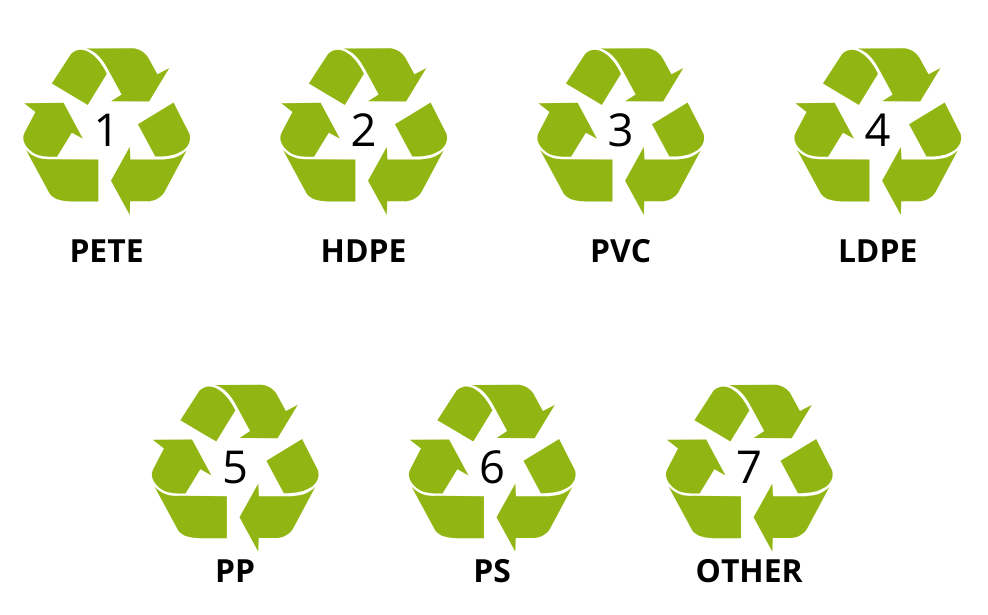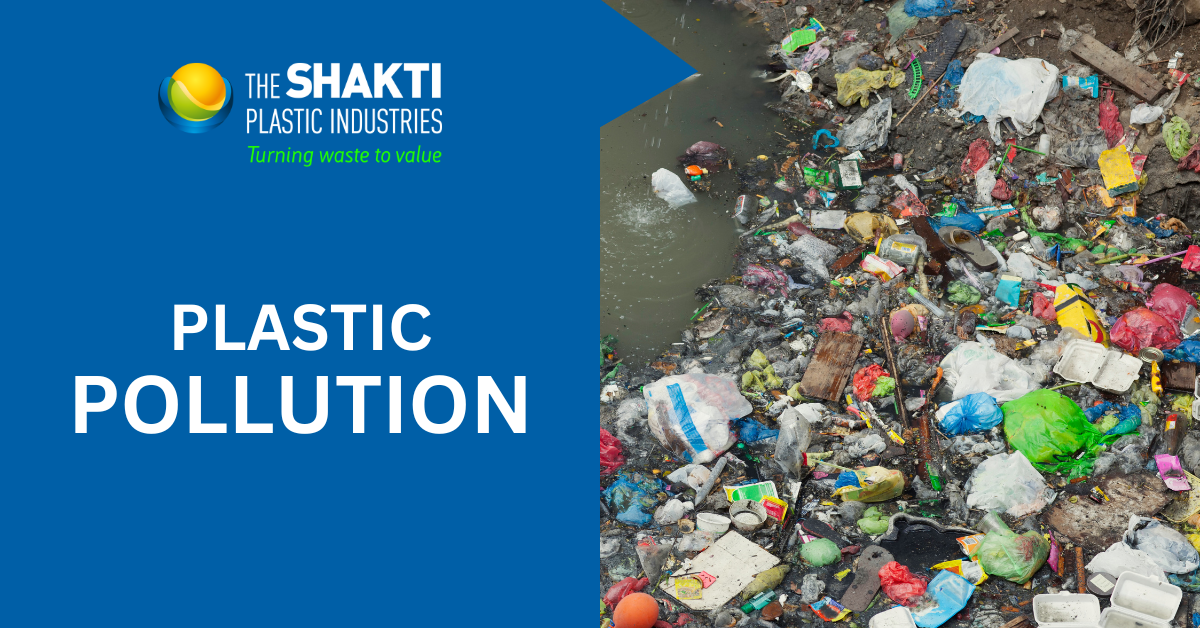Introduction
Plastic pollution is one of the most pressing environmental challenges today. With millions of tons of plastic waste generated yearly, our planet is drowning in plastic. From landfills to oceans, plastic is found everywhere, causing irreversible damage to ecosystems, wildlife, and human health. But what exactly is plastic pollution, and why should we be concerned? Let’s explore.
The Causes of Plastic Pollution
Overproduction and Overconsumption
Plastic is cheap, durable, and versatile, making it the preferred material in various industries. However, excessive production and consumption lead to massive waste accumulation, most of which ends up in landfills or the environment.
Single-Use Plastics: A Major Culprit
Items like plastic bags, straws, bottles, and packaging are used once and discarded, contributing significantly to pollution. These plastics take hundreds of years to decompose, persisting in nature for generations.
Improper Waste Disposal and Lack of Recycling
Many regions lack proper waste management infrastructure, leading to plastic waste being dumped in water bodies or burned, releasing toxic fumes. A significant portion of plastic waste isn’t recycled due to contamination and lack of segregation.
The Effects of Plastic Pollution
 Environmental Impact
Environmental Impact
Plastic waste disrupts ecosystems, clogging waterways and harming biodiversity. It contaminates soil and water, leaching harmful chemicals that affect plant and animal life. Read more about Environmental Impact
Threats to Wildlife
Marine animals often mistake plastic for food, leading to ingestion, entanglement, and death. Birds, fish, and even land animals suffer due to plastic pollution, reducing biodiversity and disrupting food chains.
Human Health Risks
Microplastics have infiltrated our food chain, found in seafood, salt, and even drinking water. Exposure to chemicals in plastic, like BPA and phthalates, has been linked to serious health issues, including hormonal imbalances, cancer, and developmental disorders.
Types of Plastic and Their Impact
 Not all plastics are the same. Some are recyclable, while others are highly toxic. Understanding the different types of plastics can help individuals and industries make better choices.
Not all plastics are the same. Some are recyclable, while others are highly toxic. Understanding the different types of plastics can help individuals and industries make better choices.
Plastic Waste Management and Solutions
Recycling and Upcycling
Recycling helps reduce plastic waste, transforming it into useful products. Companies like The Shakti Plastic Industries play a crucial role in recycling plastic and preventing it from reaching landfills and oceans.
Role of Waste Management Companies
Efficient waste management is key to tackling pollution. Waste management companies in India focus on collecting, segregating, and recycling plastic waste to minimize its impact on the environment.
Reducing Single-Use Plastics
Governments worldwide are banning single-use plastics, encouraging businesses and consumers to switch to sustainable alternatives like cloth bags, biodegradable packaging, and reusable containers.
Community and Corporate Initiatives
Many companies are adopting eco-friendly packaging and sustainable business practices. Governments and NGOs are conducting beach cleanups, awareness campaigns, and stricter regulations to combat plastic pollution.
What Individuals Can Do to Help
- Reduce plastic use: Opt for reusable bags, bottles, and containers.
- Support recycling programs: Dispose of waste responsibly and segregate recyclables.
- Encourage sustainable products: Choose brands that prioritize eco-friendly packaging.
- Join clean-up drives: Participate in initiatives that remove plastic waste from nature.
Conclusion
Plastic pollution is a growing crisis that demands immediate action. From industries to individuals, everyone has a role to play in reducing plastic waste and protecting the environment. By choosing sustainable alternatives and supporting responsible waste management, we can make a significant difference. The time to act is now!
FAQs
1. What are the main causes of plastic pollution?
The primary causes include overproduction of plastic, excessive use of single-use plastics, improper waste disposal, and lack of efficient recycling systems.
2. How does plastic pollution affect marine life?
Plastic waste in oceans leads to entanglement, ingestion, and suffocation of marine animals, severely impacting biodiversity.
3. Can plastic be completely eliminated?
While eliminating plastic entirely is challenging, reducing its use, recycling, and adopting alternatives can significantly minimize its impact.
4. How can businesses contribute to reducing plastic waste?
Businesses can adopt sustainable packaging, reduce plastic use, implement recycling initiatives, and support circular economy practices.
5. What are some effective alternatives to plastic?
Biodegradable materials, glass, stainless steel, paper-based products, and reusable cloth bags are excellent alternatives to plastic.

